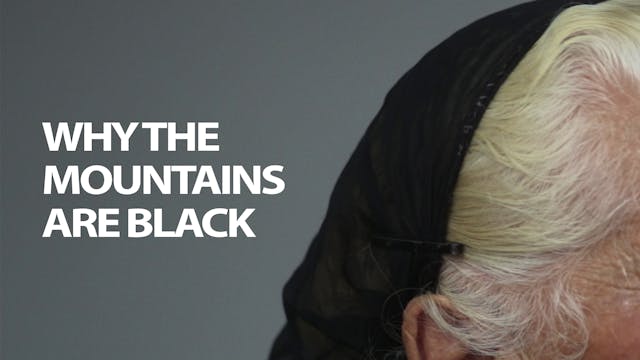Ignacio's Legacy
New Releases
•
52m
The British film maker Brian Moser first visited the Piraparaná region and its different communities in 1960 as part of an expedition to record their music and to visually document their lives, resulting in the short film Piraparaná. Over the subsequent 50 years and in collaboration with the anthropologists Stephen and Christine Hugh-Jones, Brian made three further acclaimed documentary films in the region: War of the Gods (1971), A Small Family Business (1983), and Before Columbus (1992).
In 2016, Brian returned to the Piraparaná with his son Titus and the anthropologists Christine and Stephen to give back to the Barasana and Makuna communities the music, photos and films that had been recorded in the intervening years. The film Ignacio’s Legacy documents this return trip as well as peoples’ reactions to the different visual materials. In addition and drawing upon on the earlier films, it explores changes to the culture and lives of the Barasana and Makuna people since Brian’s first visit almost 60 years ago.
The film was selected for inclusion at the 2017 Royal Anthropological Institute film festival (https://raifilm.org.uk)
Up Next in New Releases
-
Front Line
Nurses at St. Vincent Hospital in Worcester, Massachusetts, were on strike in 2021 for more than 300 days. At the center of the strike is the concern about staffing, specifically the high patient-to-nurse ratios that nurses say make it difficult to provide adequate care for patients. According to...
-
Why the Mountains are Black
A team of researchers meet at Mount Çika, in an effort to document the dialect of the Greek-speaking Himariote villages. The area was subjected to political prosecution and after the fall of Communism in Albania, the region was marked by waves of migration. Today, its population has been decrease...


